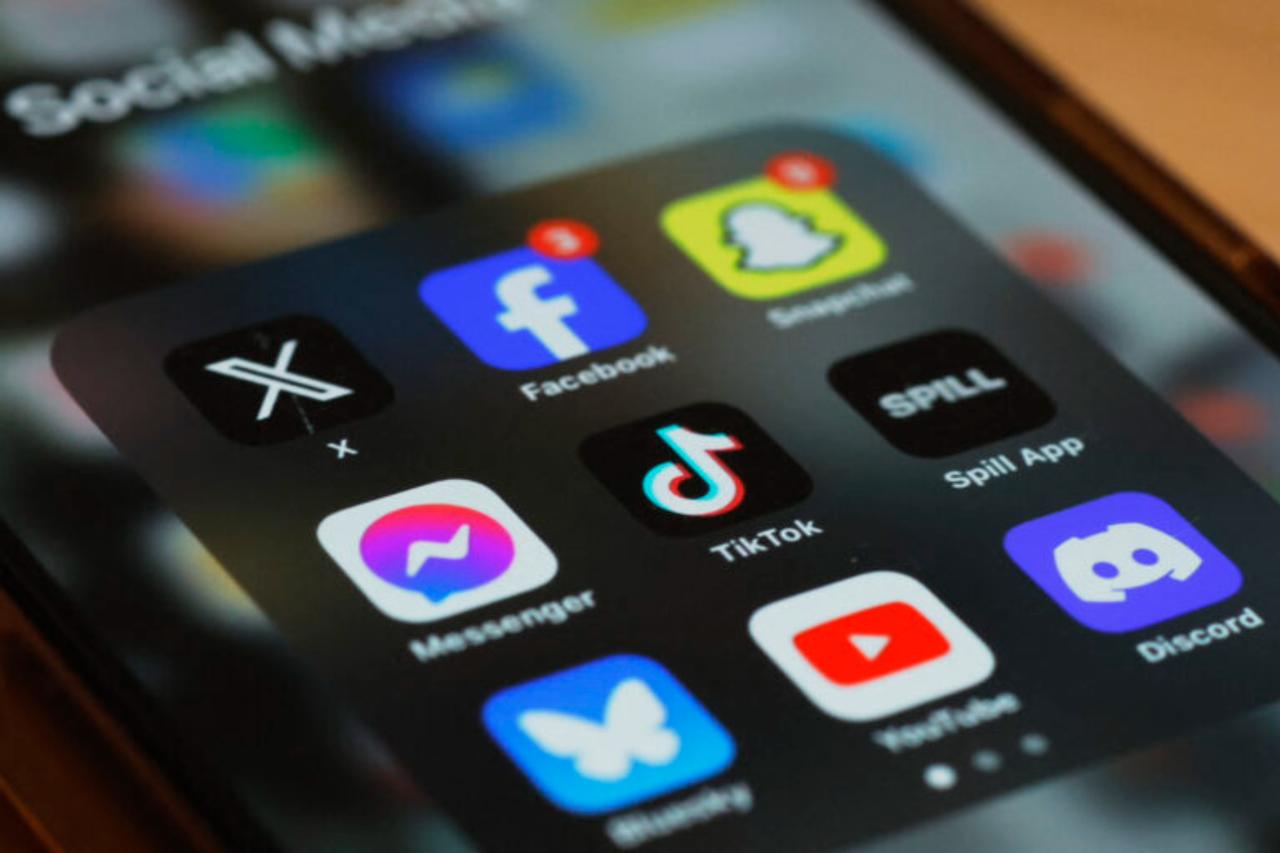
In today’s social media-driven world, being seen is no longer about self-expression but visibility. The desire to be “clickable” has overtaken the need to be authentic. For many users, especially influencers, personal well-being is sacrificed in pursuit of attention. Even grief has become a performative act online, as personal tragedies are transformed into monetized content.
Experts warn that the pressure to stay visible and relevant is taking a significant toll on users’ mental and physical health. According to Professor Baris Erdogan, chair of the sociology department at Uskudar University, who spoke to Hurriyet, influencers increasingly endanger their own well-being through extreme behavior. “Dangerous challenges, absurd content, and beauty practices that risk one’s health are now commonplace,” he said. “It’s no longer important to be yourself—what matters is being clickable.”
Professor Erdogan emphasized that actions once considered shameful are now seen as marketable. “The pressure to constantly produce new content leads to emotional burnout,” he explained.
“Genuine emotions fade, leaving behind artificial laughter, scripted tears, and happiness sponsored by brands.” He added that this is not limited to individuals with psychological issues, but is part of a broader system that measures human worth through likes and shares.
“This has become a silent competition across society. Everyone, in their own way, is chasing attention online. It’s hard to stop this cycle because in the digital economy, people have become less important than content. Unless we question what we watch and value, this system will not change. Audiences are just as responsible as content creators.”
Clinical Psychologist Associate Professor Gizem Akcan highlighted that social media has intensified social comparison, especially among women. Constantly measuring oneself against idealized online portrayals leads to feelings of inadequacy.
“As individuals feel insignificant in real life, they start seeking validation online. Being liked becomes not just a desire, but an addiction. Creating content and attracting attention becomes a survival strategy,” she noted.
Akcan pointed to cases where people post personal tragedies as stylized content—examples include someone cooking commemorative food days after losing a loved one, or sharing hospital photos alongside advertising links.
“Even grief must now be proven. People feel compelled to show they’re sad. We’re seeing filtered luxury lives on one hand, and real-world hardship on the other. The contrast creates widespread hopelessness, anger, and withdrawal,” she said. “We are collectively experiencing a psychological trauma.”